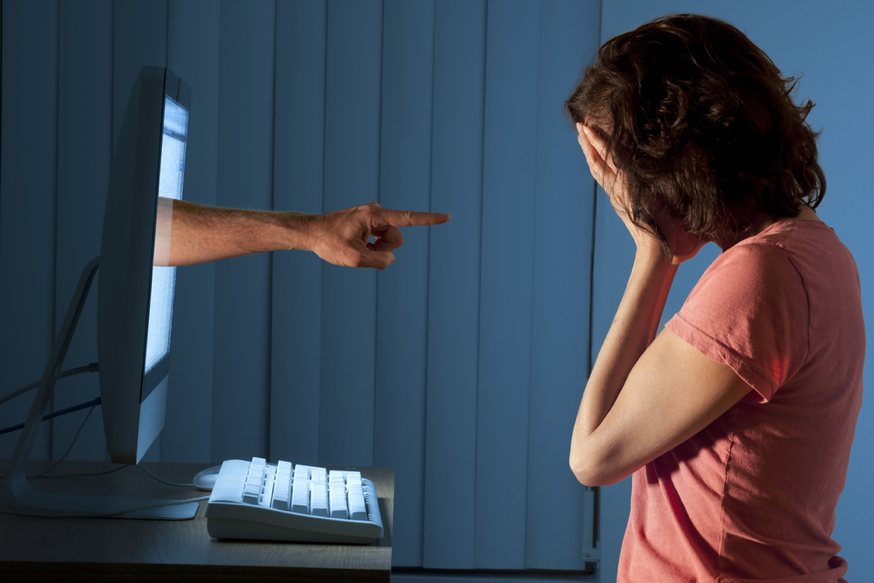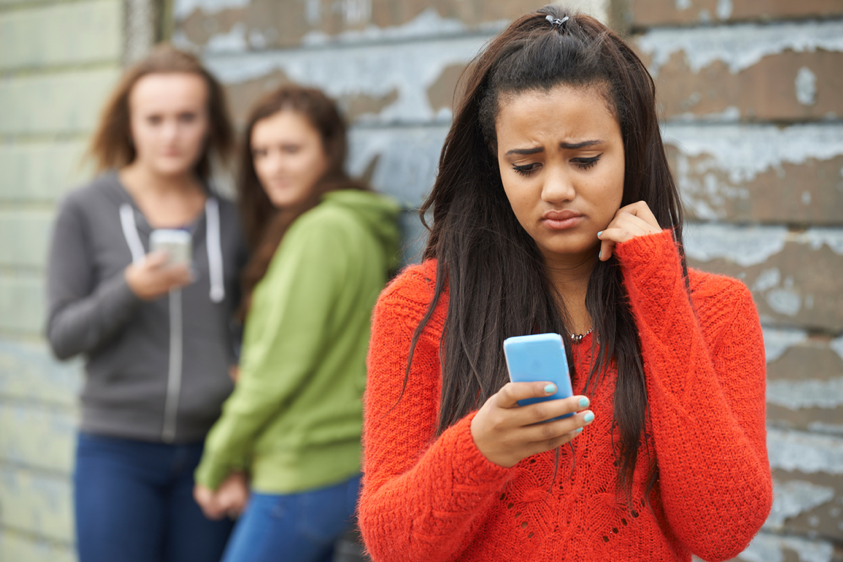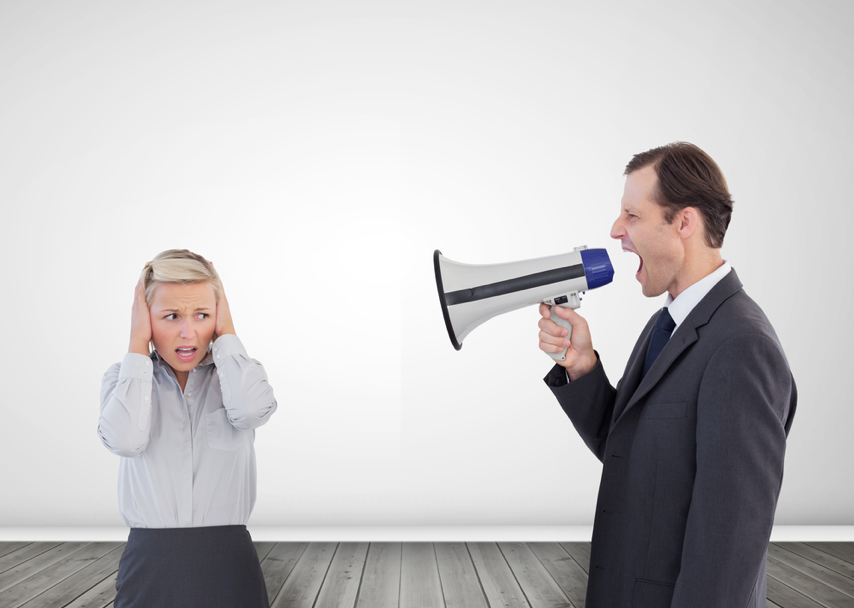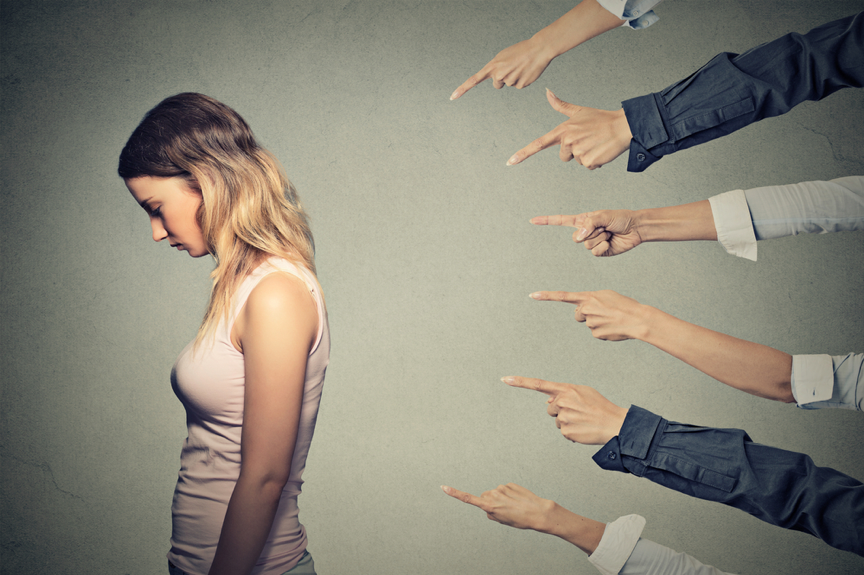Bullying on Social Media (and Other Places): Tips to Lessen or Even Eliminate the Impact

Bullying has historically included physical, sexual, emotional, and verbal bullying. Now you can add cyberbullying and most recently, political bullying to the list. Often, in incidences of bullying, the perpetrator uses more than one of these tactics on his/her victim or escalates from one to the next.
Given the current environment, several friends and colleagues have asked me to write about this.
Bullying on Social Media
The difference between the internet of the 90s, early 2000s, and today is that social media has grown exponentially and given us a new platform to express ourselves. It feels safer because we aren’t looking into anyone’s eyes when we make our statements. We just type on a keyboard and send it out to the world. And once it’s out there, it’s hard (if not impossible) to take it back.
How This Impacts Our Youth
Perhaps the most concerning part of this cyberbullying is that the youth of America has a front-row seat. They see older siblings’ or parents’ behavior and they mimic it at school and on their own social accounts.
What seemed like harmless back and forth, has now set an example of how to communicate and handle disagreements. For our high school-aged children and younger, the issues may differ from their older siblings and parents. However, they do begin to emulate the bullying in their own social circles.
The American Society for the Positive Care of Children reviewed a series of studies on the subject in which they found that 28% of high school students have experienced bullying at school and another 16% have experienced it online in the last year. There is also evidence to show that those who are bullied are more likely to become bullies later on.
As mentioned earlier, bullying comes in many forms and can manifest itself in different ways. It can be verbal taunting, ongoing harassment, and physical assault.
It’s important to know what those ways are and how to notice the signs. We also know that those who are chronic victims of bullying, especially pre-teens and teens, are at much higher risk of depression and suicide.
Physical Bullying
This tends to be the most obvious. A kid who is bigger or stronger can overpower other kids. They can use their size to intimidate smaller kids. This is most often what society imagines when hearing the word, “bully.” Shoving, punching, and stealing lunch money or other valuable items are all typical behaviors of physical bullying. If you are a parent of a child that is a victim of bullying, you may notice it in bruises, or perhaps your kid “loses” school supplies, jackets, etc. all too often outside of the typical child forgetfulness.
Verbal Bullying
You can certainly experience this on social media as well as in “real life.” Verbal bullying is difficult to notice because it doesn’t leave a physical mark and often occurs when adults aren’t around. This includes name calling, and making fun of another for their appearance, actions, or behavior.
People who verbally abuse others have the same goal as other bullies – to shut you down. They want to dominate their victim. These people often make strongly emotional but irrational arguments. They are so insecure that they cannot tolerate someone actually having a legitimate disagreement with them. Oftentimes, their goal is to bully you until you agree with them.
This can create low self-esteem and increased self-consciousness in the victims. The effects can be immediate, slightly delayed, or have damaging long-term consequences.
Here are some of the common signs and symptoms that may tell us that we or someone close to us has been bullied:
- Feeling hurt
- Embarrassed
- Abandoned
- Feeling all alone and lonely
- Living in fear of more bullying
- Lower self-esteem
- Anxiety
- Sadness and depression
- Feelings of powerlessness, helplessness, and hopelessness
- Feeling increased anger
- Social withdrawal
- Difficulty sleeping
- Diminished personal hygiene
- Increased risk of self-harm
Emotional Bullying (or Relational Aggression)
Sometimes, this is the most difficult to detect. The bully spreads rumors and lies and manipulates situations, in order to gain social status at the expense of another member of the group. The member being manipulated is ousted from the group. Think “Mean Girls.”
If your once social kid seems more reserved, isn’t going out as much on the weekends, or gets irritable when you ask about their friends and school, these could be potential signs of bullying.
While most common in school-aged girls, we know that this often occurs in the workplace as well.
Sexual Bullying
Sexual bullying often starts with crude name-calling and inappropriate comments or gestures about another’s appearance, and in extreme cases, leads to inappropriate touching and even sexual assault. It is most often girls who are the victim; however, girls and boys are both guilty of being sexual bullies.
“Slut shaming” another girl because her dress is too tight or too short or insulting another girl’s appearance are examples of girl-on-girl sexual bullying.
With the rise in technology and new photo apps, sexting has become a new vehicle for sexual bullying. Sexting is defined as sending someone sexually explicit photographs or messages via a mobile device. Leveraging this by sending unwanted photos or sharing private photos that were sent to you can be classified as sexual bullying.
Political Bullying
In addition to the traditional forms of bullying mentioned above, political bullying has become quite a hot topic for several election cycles now.
Regardless of whether you consider yourself conservative, liberal, or somewhere in between, we all have that one friend who posts obnoxious and offensive political statements, articles, or videos on Facebook. You know the one.
Even if you agree with something they say, you’re afraid to comment because you don’t agree with the way they get the point across. Essentially, one person’s right to freedom of speech is silencing another’s out of fear— this is a prime example of bullying.
This becomes much more of an issue when the distribution of power is not equal in a relationship. An example would be a teacher who imposes their political views on a student.
But wait, it’s rude to talk politics in public, right? Wrong. It’s rude to condemn what others say (or believe) in order to get a view across.
It’s unhealthy and cruel when children or students are condemned, ridiculed, shamed, ostracized by their peers or publicly shamed and even punished academically by their teachers for sharing their own point of view (on any topic). This is not healthy for students, whether they are in primary grades or in college.
Civility, formal politeness, or courtesy in behavior or speech, truly is a sign of embracing real diversity of thought and opinion. Civility allows for an emotional environment that is safe to actually discuss and debate honest differences. Civility and acceptance, as opposed to bullying, allows for healthy debate. And when our children witness civility, then they can see the healthy political debate that sets a great example for younger generations of how to communicate respectfully during a disagreement.
Bullying in the Aftermath of the Election
During the 2016 election season, we saw both candidates behaving badly — practicing name-calling and other bullying tactics. They even encouraged their own supporters to bully the other side. So, it’s no surprise that Americans can rarely have a conversation about politics that doesn’t turn personal. I find this a particularly painful development in our society.
Now I’m not saying that just any political conversation is bullying. If you can have a healthy debate and stick to the issue at hand, that is great. However, I’ve noticed that when a comment is made regarding politics, rather than debating the particular policy in question, it is the character of the person who is attacked. The policy discussion is lost in a flurry of personal attacks.
This is where the political bullying comes in – if you supported Trump, you were labeled a racist, sexist, bigoted, and homophobe. And if you supported Hillary, you supported a serial liar who was treasonous, an extortionist, and a criminal – “lock her up” was chanted at the rallies.
With this type of behavior at the forefront, it’s no small wonder why it is increasingly difficult to have a civil conversation where we can have a healthy debate about policies. And the sad thing is that the personal attacks work! But only in the short term. In the long run, we are all paying a price for this. The price is becoming steep. We are now further alienated from each other. The outlook for our society is not good unless we can change the tone and course that we are currently on.
In short, we need to bring back civility. Instead of trying to “win” an argument or discussion, we now tend to want to annihilate anyone who has an honest difference in viewpoints. Having said that, let’s explore what all of us can do to help turn the tide toward more civility.
The Upside! Tips That Actually Help
I’d like to leave you with some tips to help you through all of this. These are tips that others have used that actually do work!
But, before you do anything, reach out to a friend and tell them what is going on if you are being bullied. Let them know the impact it has made on you. This can help you to not feel so lonely with all of this.
And, it always helps to get some perspective from someone you trust. They may have some ideas that are helpful. At the very least, they can offer moral support as you try to navigate through all of this.
Tips That Help
If you’re feeling bullied on your Facebook newsfeed or any other form of social media, here are 5 things you can do to protect yourself from the bully:
- Hide or Unfollow. You can unfollow a person or a type of post now. Click that down arrow on the top right and make your choice.
- Keep Scrolling. When you see the first sign of political jargon, scroll, scroll, and keep scrolling! Do not stop to read it!
- Resist Responding. Take a breath and understand that politics are a passionate topic. You won’t change anyone’s mind via a Facebook or Instagram post, or on Snapchat, so agree to disagree and do not respond with your emotions. Responding will only make it worse and perpetuate the conversation and the controversy.
- Unfriend and Block. If you find someone is just too offensive, remove them for good. There is no need to have someone who makes you feel bullied or threatened in your real life and especially not on your social media.
- Observe your own posts. Ask yourself if you are also part of the problem. Be honest. If so, make some adjustments.
Although the options are a bit different, you can also enact these tips on platforms like Twitter, Instagram, and others.
Set the Right Example
With this current trend in mind, it’s important that we also demonstrate to our youth, and others, how to have an appropriate and civilized debate and arguments, especially when it comes to topics like religion and politics where we feel so passionate about our opinions.
I understand that it’s easy to get carried away, but our children are always watching and mimicking our actions so that they can become responsible and compassionate adults. Our world could use much more of that right about now…
Most of us will admit that at times, we may have been guilty of the same thing we are observing in others. After all, we’re human.
So here is a simple saying to help you in your own life, and if you are a parent this can also to serve as a model for your children.
Repeat this to yourself whenever you are feeling triggered in such a way that if you were to speak, there may be the potential to hurt another:
Before you speak ask yourself if what you are going to say is true, is kind, is necessary, is helpful. If the answer is no, maybe what you are about to say should be left unsaid. – Bernard Meltzer
Hopefully, these tips will help make things better for your loved ones, you, and each person we come in contact with. It will require some dedication to practicing, and through our practice, I firmly believe we can turn things around!

I hope that this article has been insightful and helpful. This isn’t the easiest of issues. If you or someone you know have been on the receiving end of bullying, please give me a call for a free 15-minute phone consultation, and let’s see if I can help you through this difficult time.



















